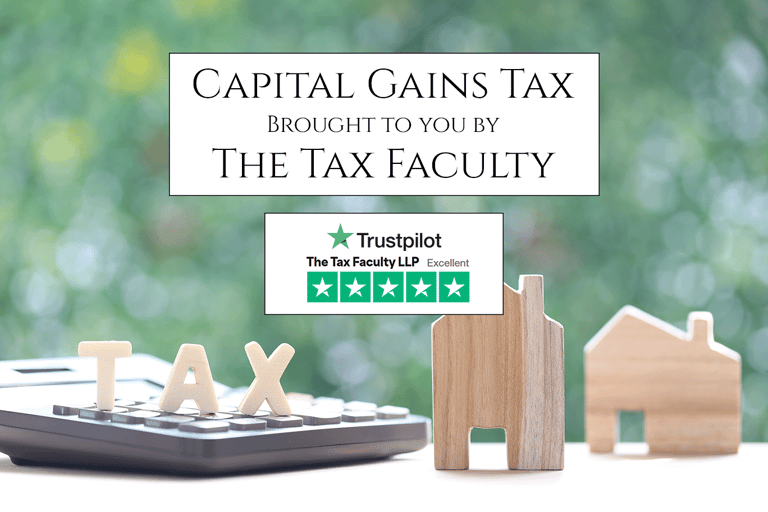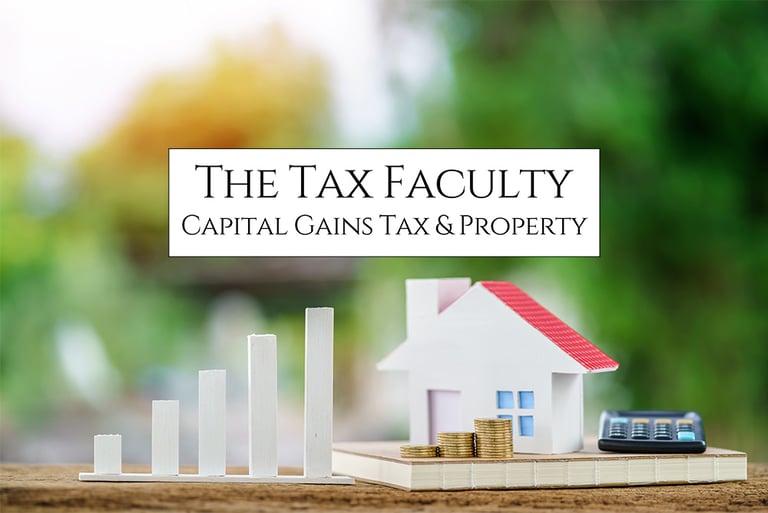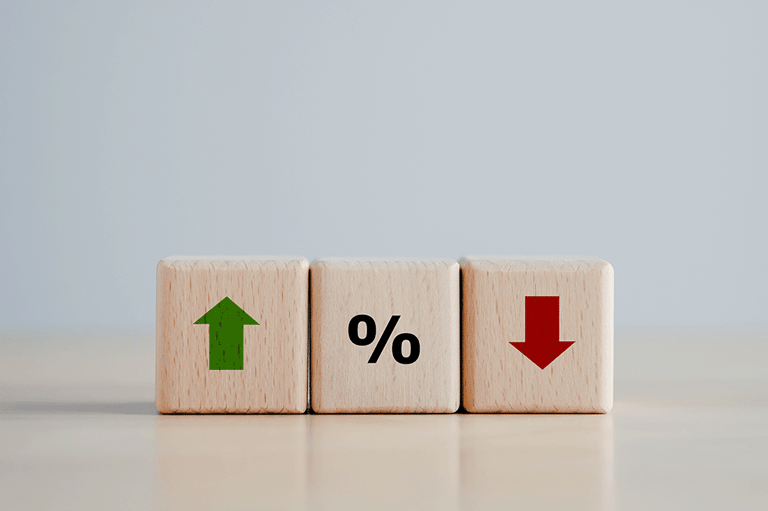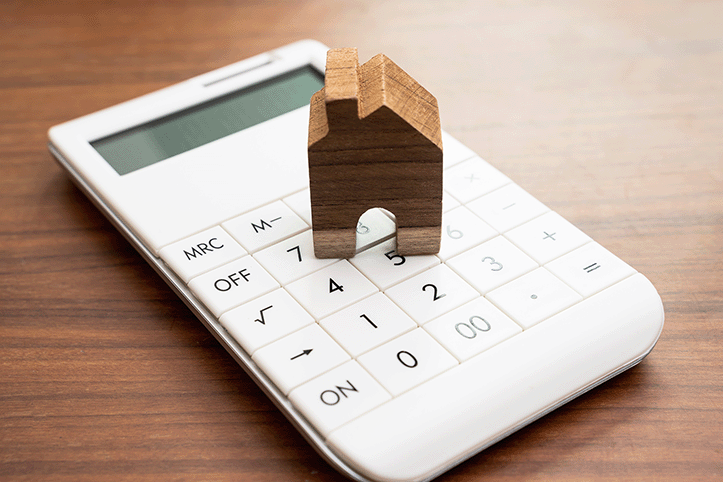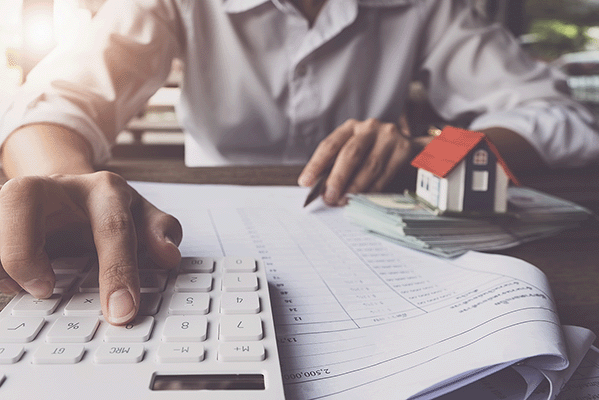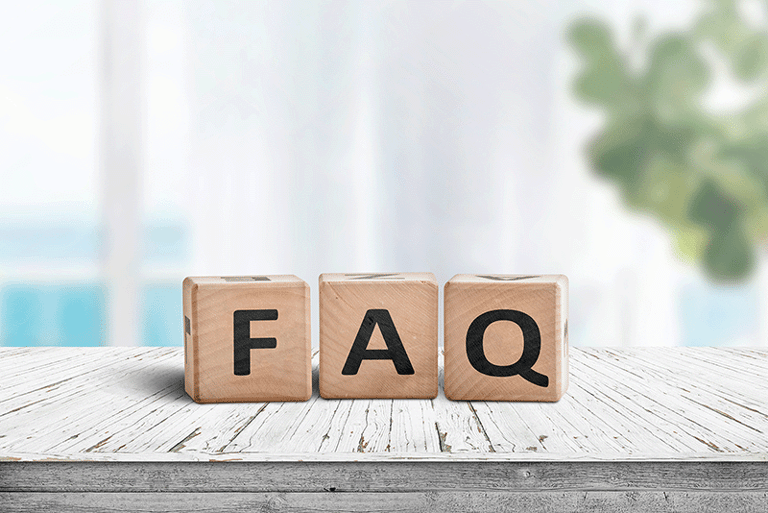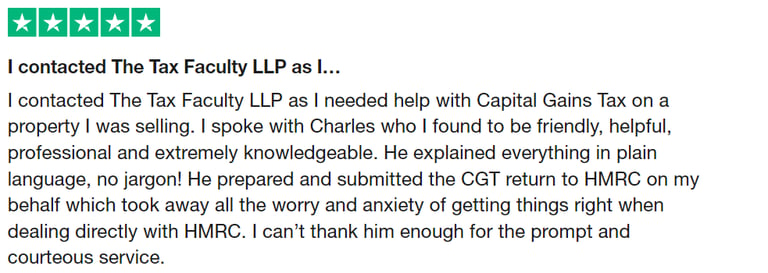Call: 0800 0016 878 - Email: info@capitalgainstax.co.uk
Managing Capital Gains Tax on residential property can be challenging, especially with the ever-changing rules and rates. At CapitalGainsTax.co.uk, we specialise in helping individuals navigate the complexities of CGT on residential property sales. Our team, led by former Senior HMRC Tax Professionals, provides tailored advice to minimise your tax liability while ensuring compliance.
If you have sold or are thinking of selling a residential property and want to make sure you are not paying more CGT than you need to, contact us today for a free consultation. We can help you navigate the complexities of CGT and ensure that once a property has sold that all filing is completed within the 60-day time limit.
If you require assistance with you CGT circumstances, please feel free to contact us on info@capitalgainstax.co.uk or call us free on 0800 0016 878 for a free initial consultation.
You can also complete the form below and one of our team will get back to you as soon as possible.
Get in touch
Tax Troubles? We're here to help
We can solve your Capital Gains Tax problems, with ex-senior expert HMRC inspectors here to help to take the stress away from your tax worries.
We do everything for you, including filing returns and giving advice that may help to reduce the amount of tax that you owe.
Our guarantee to you - You will pay the lowest amount of tax possible, while complying with the law.
Contact us free on 0800 0016 878, email info@capitalgainstax.co.uk or fill in our handy form and on of our experts will get back to you as soon as possible.
Phone

